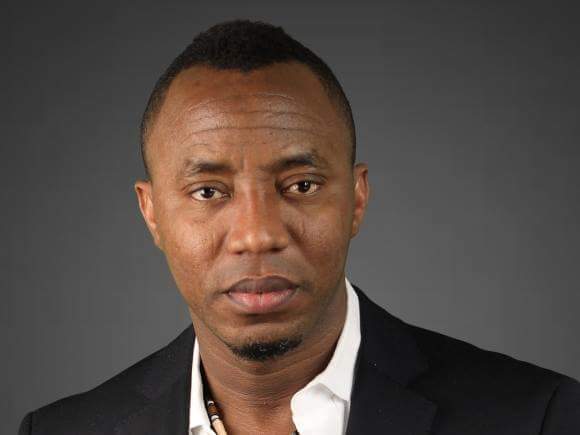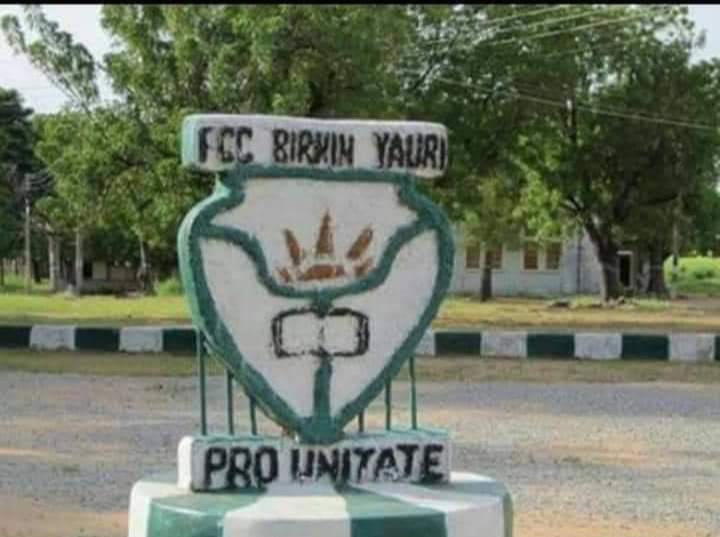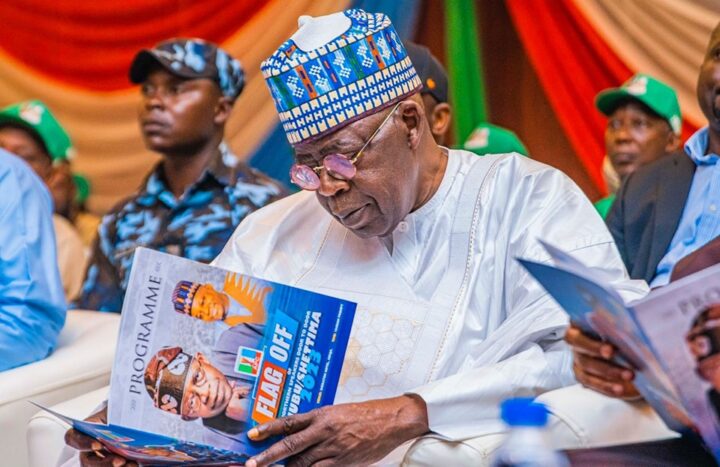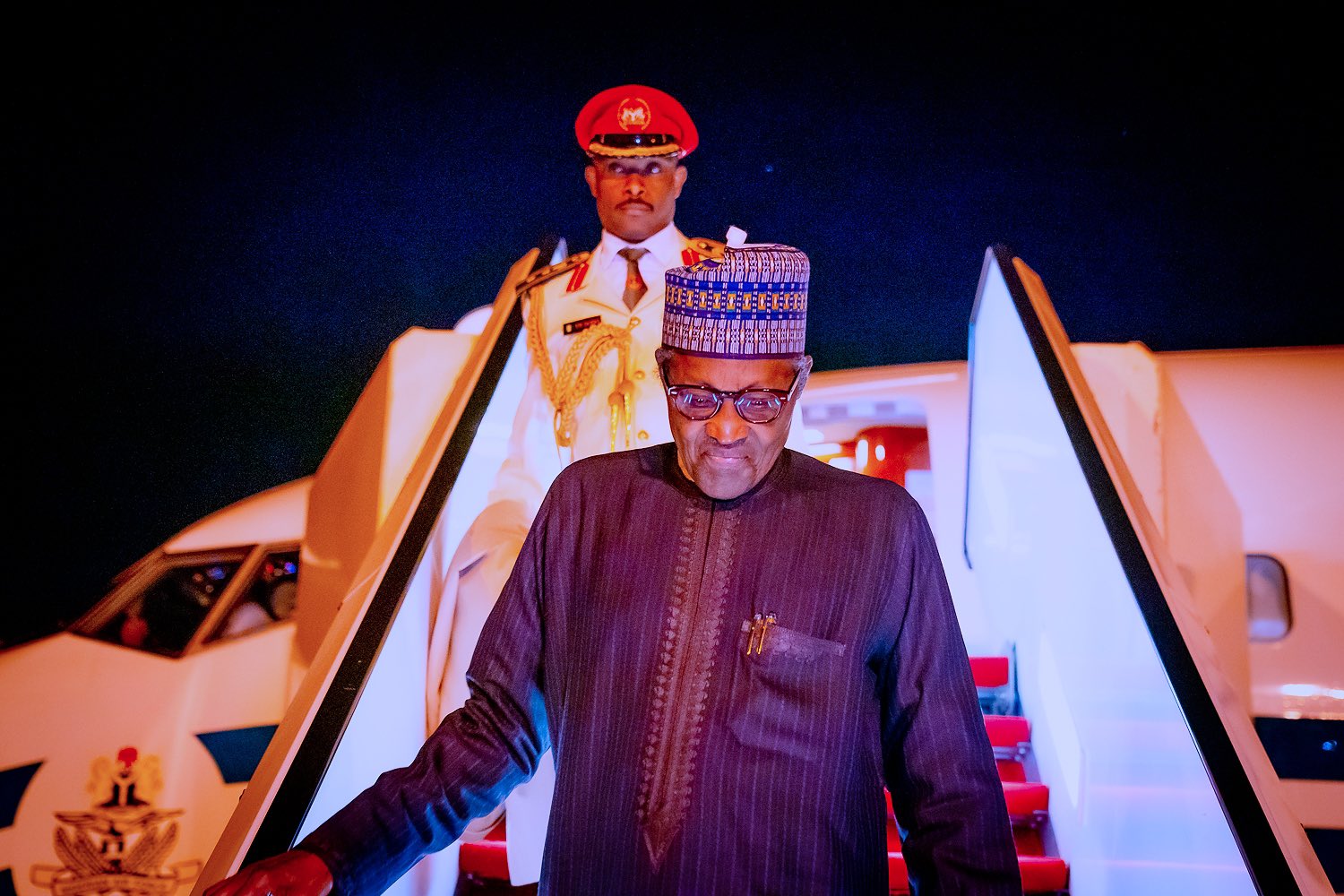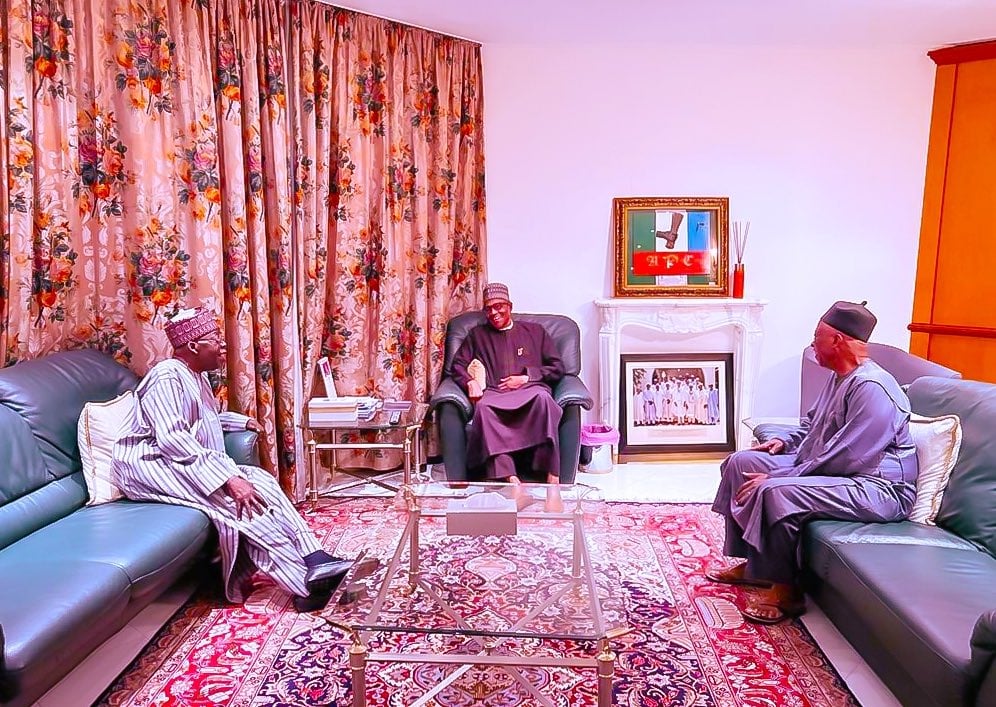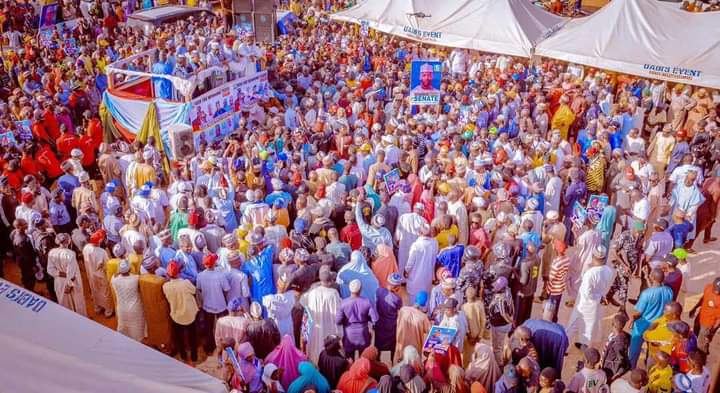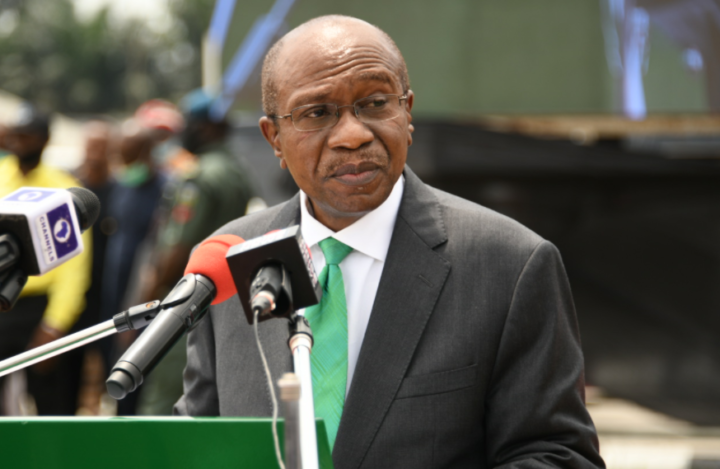Omoyele Sowore, the presidential candidate of the African Action Congress (AAC), says the adoption of International Monetary Fund’s (IMF) structural adjustment program (SAP), “destroyed Nigeria”.
Sowore said this on Sunday during the Arise News town hall meeting for presidential candidates monitored by TheCable.
A structural adjustment is a set of economic reforms that a country must adhere to in order to secure a loan from the IMF and/or the World Bank.
SAP are often a set of economic policies, including reducing government spending, opening to free trade, among others.
Advertisement
According to Sowore, the programme, adopted in 1986, “destroyed Nigeria”.
He said opting for the policy was an avenue to make the country’s industrial sector worse, adding that the period also turned Nigeria into a dumping ground.
“It was at that period that the IMF and the World Bank said we can no longer fund housing, we can’t fund education, we can’t fund anything that will bring the welfare of our people at par with the rest of the world,” Sowore said.
Advertisement
“It was at that period that they destroyed the industrial base of this country so that they could prepare Nigeria as a dumping ground for Western companies.”
Further condemning the initiative, Sowore, also an activist, added that the SAP was the genesis of the rampant insecurity currently ravaging the country.
“It was at that time that the insecurity that we are experiencing today started. Nobody should deceive us that our insecurity has war reasons. The special factor why we are insecure today is because Nigeria refused to invest in its youth and its people when it mattered the most,” said the AAC presidential candidate.
“When they had a chance to do it, they wasted the opportunity by staging what is known as the Festival of Arts and Culture (FESTAC), where Nigeria decided that it had too much money and they don’t know what to do with it, so they invited people to a feast in Lagos known as FESTAC.”
Advertisement
Former president Ibrahim Babangida launched the SAP in 1986, with the support from IMF and World Bank. The programme was supposed to exist until 1998 and be terminated after the objectives were achieved.
However, it was prolonged until 1993.
In 2016, the IMF asked Nigeria to implement a fresh structural adjustment programme in the face of dwindling revenues.
Advertisement
Add a comment
